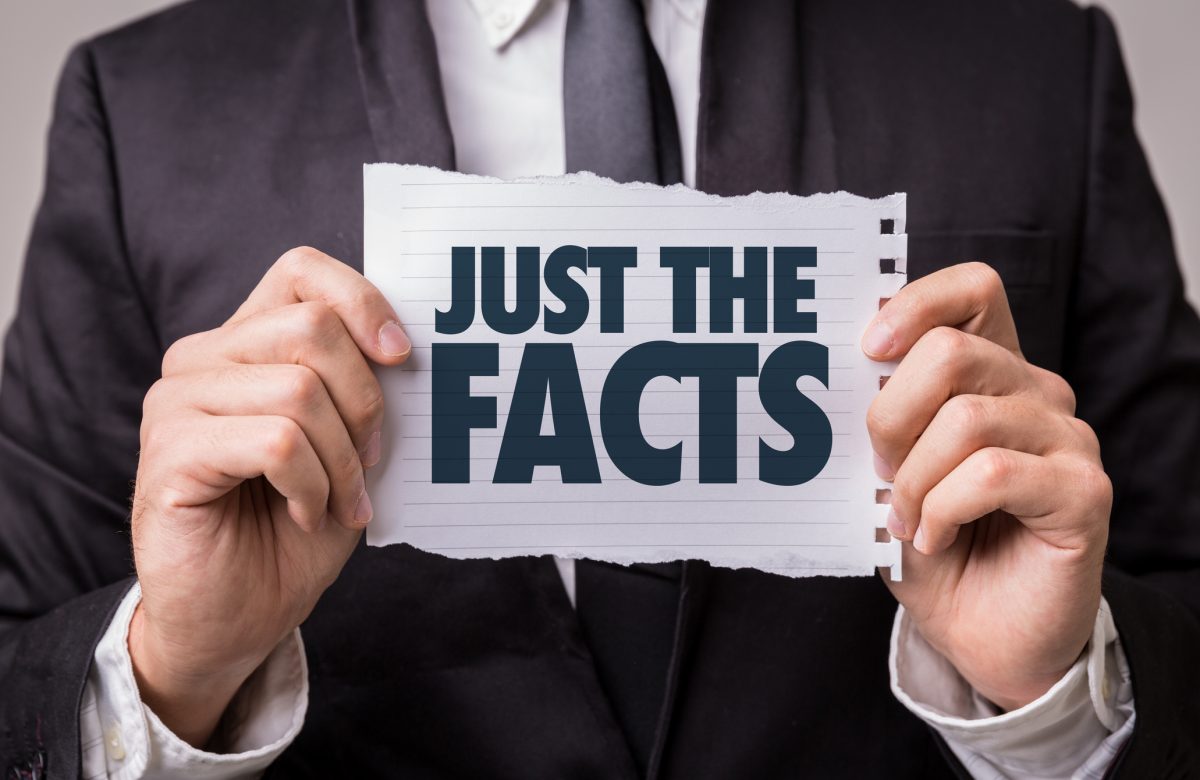Reverse mortgages are loans for pensioners and retirees that are designed specifically for older borrowers who are typically ‘asset rich’ but ‘cash poor’. Known variously as ‘senior’s loans’, ‘reverse home loans’, and ‘senior’s finance’, reverse mortgages are the most popular form of home equity release in Australia.
This financial product will allow people from the age of 60 to convert the equity in their property into cash for any worthwhile purpose. No income is required to qualify. Although interest is charged like any loan, the borrower is not required to make repayments (although they can usually make voluntary payments if they wish).
For those who are not well aware of the benefits of reverse mortgage loans and the existing regulatory policies of the Australian government, getting a home equity loan can be perceived as a risky or complicated. Some potential borrowers are also not completely sure about the benefits of getting the loan.
In order to help people address these concerns, Seniors First highlighted five of the most common myths about reverse mortgages and why we should debunk them.
Myth No. 1 – The Bank Will Own Your Home
Many senior Australians still believe that the bank will take over the properties under reverse mortgage. This is not true. The borrowers will retain their full legal ownership of the property and the lender will only take the mortgage.
As long as you don’t breach any key obligation or you do not default on the loan, the bank cannot sell your home. Reverse mortgage agreements vary from one lender to another, but the typical default condition includes damage to the property, willful neglect, non-payment of property insurance, and non-payment of council rates.
Myth No. 2 – Reverse Mortgage Is a Scam
Reverse mortgage loans are among the most heavily regulated financial products in Australia through the Australian Securities and Investments Commission (ASIC). These regulations stipulate crucial borrowers’ protection including the No Negative Equity Guarantee.
[ALSO READ: ASIC Mortgage Broker Review]
The percentage of equity that you can unlock depends on the value of the property and the age of the borrower. Even though lenders have various policies on how they approve the loan. It is crucial to take note that borrowers will still retain full ownership of the home so they can choose to stay in the property as long as they want.
There is no need for repayment, but the interest will be charged back to the loan. It will compound over time so the loan balance may increase unless the borrower makes voluntary payments. The loan, inclusive of all fees and interest, will be repaid once the last surviving borrower dies (for elderly couples), the borrower moves into aged care, or the borrower sells the property on their own preference.
Myth No. 3 – Reverse Mortgage Is a Last Resort Option
As the Australian market develops, reverse mortgage loan products are increasingly sophisticated and becoming more flexible. Hence, it is no longer a last resort option if you need money during retirement. With a reverse mortgage from Seniors First, you can choose to receive the proceeds in:
- a lump sum
- a regular income stream
- cash reserve
- or a combination of all
Hence, you can design your loan drawdown options according to your preferences and needs. If you need money to upgrade your home to make it more comfortable during your retirement, you can choose to take a lump sum. If your aged care pension will not suffice, you can choose a regular income stream so you can live a more comfortable life.
In the past, lenders offered a range of different interest rate options, including fixed, capped, and variable. However today there are only variable interest rates available for reverse mortgage loans.
Myth No. 4 – Getting a Reverse Mortgage Will Leave No Inheritance for Kids
Among the most common concerns that most retirees have about reverse mortgages involve how the loan will affect their capacity to leave the property to their children.
If you get a reverse mortgage, you can still leave the property to your children once you pass away. However, you will not leave them the whole value of the home. It is crucial to understand how the product works before you sign up because your children will have to repay the loan if they wish to keep the property.
Some lenders offer an option called ‘Protected Equity’, which guarantees that a requested proportion of equity is preserved for beneficiaries (it also means you can’t borrow as much). If you choose a loan without protected equity, then the amount of equity you will have left will be determined by the following factors:
- The term of the loan/how long you live
- Interest rate movements
- Growth rates in the value of your property
Although the interest will accumulate and compound, based on past trends your property should also increase in value over time, offsetting the increasing loan balance.\
Myth No. 5 – Reverse Mortgage Loans Carry Expensive Interest and Fees
As with any type of home mortgage loan, there are also fees in establishing a reverse mortgage – known as set-up costs – that vary depending on the property value, market conditions, interest rates, and loan terms. The fees and interest rates are also calculated according to several factors such as your life expectancy, number of expected years in the property, any existing mortgage balance or liens, the property’s postcode, and your age.
With all the needed details, a reverse mortgage specialist from Seniors First can help you determine the associated fees and exact interest rates for your particular loan.
[ALSO READ: The Advantage of Taking a Reverse Mortgage Now ]
With Seniors First, you may need to set aside $1,500 to $2,000 in total to establish your reverse mortgage loan. This amount includes the main costs such as the lender application fee, government charges, your legal advice fees, and any broker fees. This is an estimate only; you could pay more depending on the circumstances. If you are low on cash, you can usually elect to pay these reverse mortgage costs from the loan proceeds.
Consult a Professional Reverse Mortgage Specialist Today
A reverse mortgage from Seniors First can help you finance the life you want during retirement. If you need more information, or if you want to clarify anything about getting a reverse mortgage, call Seniors First on 1300 745 745. You can also download our FREE GUIDE.
Regards,
Darren



I really like your blog and am grateful that you have dispelled these common misconceptions.
our pleasure! have a great day.
Team Seniors First